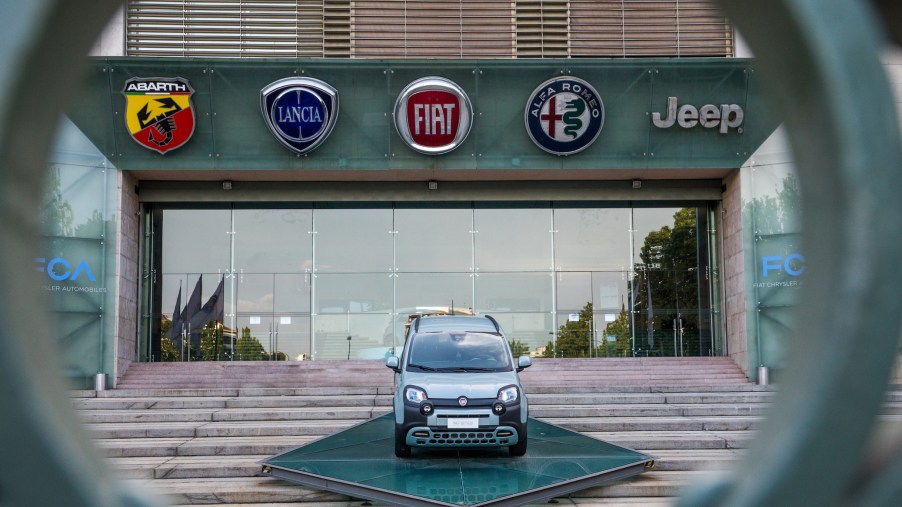
Save Money, Pass on Extended Warranty
No matter what car you are looking at buying, an extended warranty always sounds like a good idea. The cost of buying a car alone isn’t enough with many dealerships offering a large variety of options for additional services, and it can hard to know which ones are worth paying extra for and which ones are worth passing up. An extended warranty isn’t always offered when you’re buying a car, and while they do sound good on the surface they might not be worth the money in the long run.
What is an extended warranty?
If you’re talking to a salesperson chances are they will stress the importance of an extended warranty, but it isn’t to protect you as a consumer. For many car dealerships, a lot of profit is made in selling customers on extended warranties, according to Consumer Reports as much as 50% of the cost is kept by the dealership rather than the manufacturer, but that isn’t the only reason they are a waste of money.

An extended warranty on a car sounds like it is made to protect the consumer, after all, a warranty itself usually is. The extended warranty sounds pretty self-explanatory, it extended the manufacturer’s responsibility to cover issues with the car. This usually means covering a certain amount of mileage or time more and is restricted by mileage or time constraints just like a standard warranty. There are a handful of reasons that this doesn’t really benefit the consumer in the long run.
Why you should pass on buying one
Extended warranties at their core, aren’t designed to save consumers money. For one reason, and issues with your car in regards to safety or failures in the manufacturing process are covered by recalls and technical service bulletins. These recalls are almost always covered by the manufacturer regardless of having an extended warranty, or even the original warranty because it is in regards to the driver or passenger’s safety.

Buying an extended warranty is almost like gambling against your car and assuming that something will go catastrophically wrong. Your standard maintenance costs or even common repairs or replacements don’t add up to the overall cost of the extended warranty that is meant to cover them, so you’re actually paying more. Fine print within the extended warranty can also cause dealerships to deny your claims, meaning that it might not even end up covering what you need it to.
While the final decision is up to you, many authorities on the subject will urge you away from spending the additional money on an extended warranty. Sometimes things that sound too good to be true are, and in this case it can end up costing you a lot of money that you don’t need to be spending.


